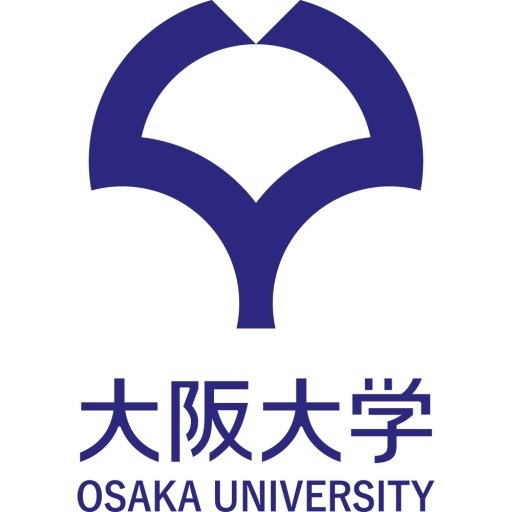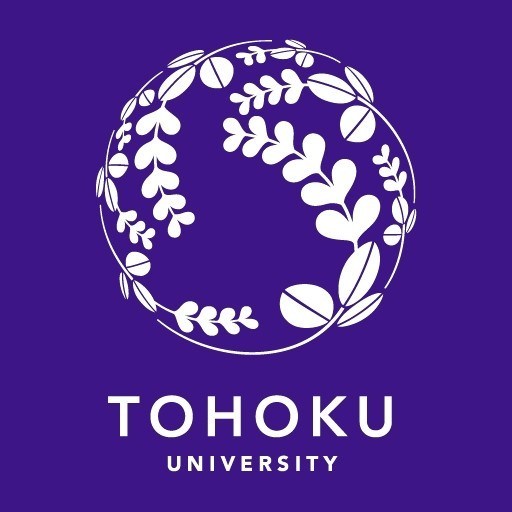Overview of the Governance and Law Program at Nagoya University
The Governance and Law program at Nagoya University offers a comprehensive curriculum designed to equip students with a deep understanding of legal principles, governance structures, and administrative frameworks both in Japan and internationally. This interdisciplinary program aims to develop analytical skills, critical thinking, and practical expertise necessary for addressing complex legal and governance issues encountered in various sectors, including government, corporate, and civil society.
Students enrolled in this program will study a broad range of subjects such as constitutional law, administrative law, international law, legal theory, and public policy. Emphasis is placed on understanding the legal systems that underpin effective governance and exploring how laws are formulated, implemented, and interpreted within different societal contexts. The program encourages active engagement through case studies, research projects, and participation in seminars led by experienced faculty members and legal practitioners.
The program also offers specialized courses in contemporary issues such as human rights law, environmental law, and digital governance, preparing students to address emerging challenges in the legal landscape. Students will gain practical skills through internships, moot courts, and collaborative projects, fostering a real-world understanding of legal processes and governance mechanisms.
Graduates of the Governance and Law program are equipped to pursue careers in law, public administration, policy analysis, international organizations, or further academic research. The program emphasizes an ethical approach to law and governance, promoting values of justice, transparency, and social responsibility.
Nagoya University's strong links with governmental agencies, legal institutions, and international bodies provide students with valuable networking opportunities and access to resources that enhance their educational experience. With a diverse faculty specialized in various fields of law and governance, students receive a well-rounded, globally oriented education that prepares them for leadership roles in their future careers.
By fostering analytical excellence, ethical integrity, and a global outlook, the Governance and Law program aims to cultivate responsible professionals capable of contributing to democratic governance, sustainable development, and social justice in Japan and beyond.
GSID Common Subjects
Development Literacy
- Introduction to International Development
- Japan's Development Experience
Methodology
- Introduction to Questionaire
- Survey and Interview
- Introduction to Linguistics
- Information Processing
- Research Design and Statistics for Applied Linguistics and CommunicationStudies
- Methodology for Cultural and Social Studies
Lectures by Development Experts
- Development Cooperation
- Development Assistance
- Non-Governmetal Organizations
- Organization for International Cooperation
- International Understanding and Community
DICOS Common Subjects
- Public Policy of DevelopingCountries
- International Environmental Cooperation
Fieldwork
- Preparatory Seminar for GSID
- Overseas Fieldwork
- GSID Overseas Fieldwork
- Preparatory Seminar for GSID
- Domestic Fieldwork
- GSID Domestic Fieldwork
- Independet Overseas Fieldwork I
- Independet Overseas Fieldwork II
- Independet Domestic Fieldwork Ⅰ
- Independet Domestic Fieldwork II
Others
- GSID Common Seminar I
- GSID Common Seminar II
- GSID Common Special Lectures I
- GSID Common Special Lectures II
Required Subjects
Discipline
- Development PoliticsⅠ
- Development PoliticsII
Governance
- Law and Development
- International Cooperation Law
Two subjects required
Seminars
- Seminar on International Cooperation Studies Ⅰa,Ⅰb,Ⅱa,Ⅱb
- Seminar on Comparative Study Legal and Political Systems Ⅰa,Ⅰb,Ⅱa,Ⅱb
Required Elective Subjects
- International Economic Law
- Competition Law
- International Cooperation Law and Politics
- Comparative Asian Legal Systems
- Comparative Development Law and Politics
- Public Policy of Developing Countries
- International Environmental Cooperation
- Asian Politics
- Peacebuilding
- Lecture on Governance and Law Ⅰ
- Lecture on Governance and Law II
- Special Lecture on Governance and Law Ⅰ
- Special Lecture on Governance and Law II
Electives from other Programs
- Politics of Conflict
- Poverty Reduction Strategies
- Development Sociology
- Development Economics
- Development Planning and Policy
- Participatory Rural Industry Promotion
- Educational Development and Cooperation
Elective Subjects offered by Cooperating Unit
- Comparative Study of Legal and Political Systems
- Lecture on Comparative Study of Legal and Political Systems Ⅰ
- Lecture on Comparative Study of Legal and Political Systems II
- Special Lecture on Comparative Study of Legal and Political Systems I
- Special Lecture on Comparative Study of Legal and Political Systems II
- TOEFL: minimum score of 80 iBT; 550 PBT
- IELTS: minimum band score of 6
- Application fee: JPY 5,000
- Payment of the registration fee (JPY 282,000)
- Application Form
- Bachelor's Degree Diploma (or Prospective Bachelor's Degree Diploma) from Your University (Original Copy)
- Academic Transcript from each school, university
- Certificate of graduation
- Statement of purpose and Research Proposal
- Statement concerning applicant's working and/or research experience.
- Photograph card, Examinee's registration card and receipt forms
- Letter of Recommendation
- Summary of Undergraduate Graduation Research
- Major Publications
- Documents Showing Other Strengths
- Document Validating Your Nationality and Residence Status
- Japanese Government (Ministry of Education, Culture, Sports, Science and Technology) Scholarship Application Form
Scholarships
- Japanese Government (Ministry of Education, Culture, Sports, Science and Technology) Scholarship
The Governance and Law program at Nagoya University offers a comprehensive education tailored for students interested in understanding the complex mechanisms of governance, legal systems, and policy development within both domestic and international contexts. This program provides students with a multidisciplinary approach, integrating insights from political science, law, economics, and public administration to foster a deep understanding of how governance structures function and how they can be improved to promote justice, transparency, and effective policy implementation.
Students in this program engage with core coursework covering constitutional law, administrative law, international law, and comparative governance. The curriculum emphasizes both theoretical foundations and practical applications, preparing graduates to analyze and address real-world governance challenges. Special emphasis is placed on contemporary issues such as governance reforms, policy-making processes, human rights, and international relations, aligning academic knowledge with current global trends.
Faculty members are experts in their fields, bringing a wealth of academic research and practical experience to the classroom. The program encourages active participation through seminars, workshops, and collaborative research projects, fostering critical thinking and analytical skills essential for careers in government agencies, international organizations, legal institutions, or academia.
In addition to coursework, students have opportunities for internships, fieldwork, and participation in conferences, which enable them to gain hands-on experience and build professional networks. The university’s strong ties with governmental bodies, NGOs, and international organizations provide a valuable platform for students to engage with real-world governance issues and influence policy discussions.
Graduates of this program are well-equipped to pursue careers in policy analysis, legal advising, public administration, or further academic research. They are also prepared to contribute to societal development by advocating for effective governance practices, legal reforms, and human rights initiatives. The program aims to produce professionals who are committed to promoting transparency, accountability, and social justice both within Japan and globally.
Overall, the Governance and Law program at Nagoya University stands out for its balanced combination of theoretical study and practical application, its international outlook, and its commitment to developing leaders capable of addressing complex governance challenges in diverse contexts. Graduates emerge with a solid foundation in law and governance, ready to make significant contributions to their communities and beyond.
(982 characters)






